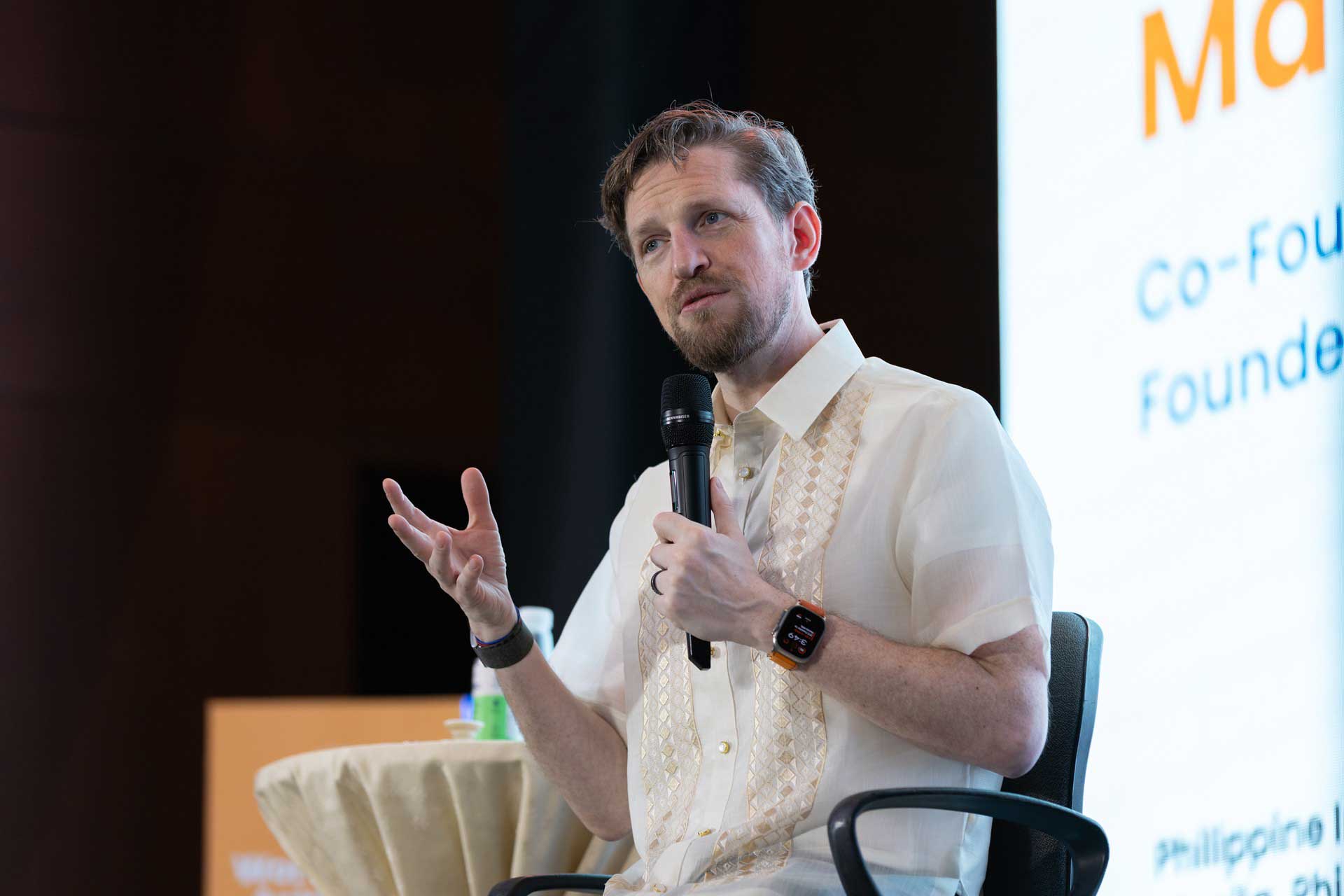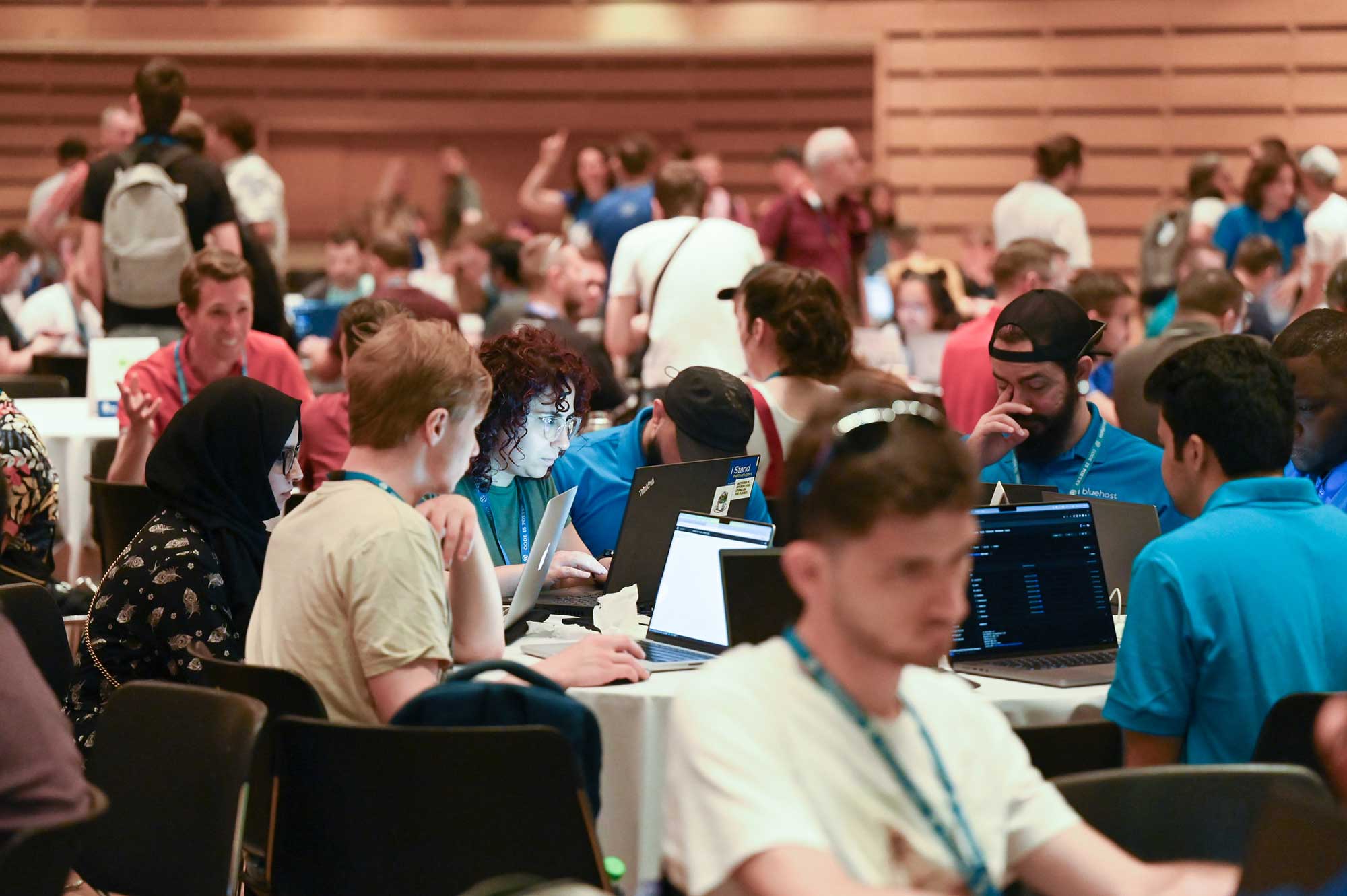WordPress co-founder Matt Mullenweg is reversing course on one of his most controversial actions of the past second months: blocking contributors and critics from WordPress.org and the project’s social media accounts. In a move he’s calling a “WordPress Jubilee,” Mullenweg has begun the process of selectively unblocking previously banned accounts, framing the effort as a symbolic reset and an invitation to move forward.
The change began on April 20, when Mullenweg posted on X that he had tried to unblock accounts but had run into difficulties with X’s interface, writing, “I’m removing all my blocks; it may take a few days. Any block that remains is a bug, not a statement.”
He later confirmed that the unblocking would extend to WordPress.org after WP Tavern founder Jeff Chandler asked whether the same approach would apply there.
Two days later – Easter Sunday – Mullenweg expanded on the decision in a post titled “WordPress Jubilee” on WordPress.org:
“As I said, we’re dropping all the human blocks. Community guidelines, directory guidelines, and such will need to be followed going forward, but whatever blocks were in place before are now cleared. It may take a few days, but any pre-existing blocks are considered bugs to be fixed,” Mullenweg wrote.
While he didn’t cite religion directly, his use of the term “Jubilee” appears to reflect his Catholic faith. In the Catholic tradition, a Jubilee is a sacred year of forgiveness, reconciliation, and spiritual renewal. Declared every 25 years – or more often in special circumstances – a Jubilee invites believers to reflect, forgive, and restore relationships.
The 2025 Jubilee, proclaimed by the late Pope Francis, is themed around hope. In his official proclamation, Francis described it as a “moment of genuine personal encounter with the Lord” and urged Christians to create “oases of spirituality” in a fractured world. His death on Easter Monday added poignancy to the message – one Mullenweg referenced in a personal blog post earlier today.
“The passing of Pope Francis has deeply impacted me. While I still disagree with the Church on many issues, he was the Pope who broke the mold in so many ways, inspiring me and drawing me back to the Catholic faith I grew up with, with an emphasis on service, compassion, and humility,” Mullenweg wrote. “His passing on Easter Monday, a holiday about rebirth, feels historic. Moments like that invite reflection—not just on personal choices, but on the broader systems we’re a part of.”
He acknowledged the frustration that has been directed at him since WordCamp US and his controversial keynote address attacking WP Engine, and said he understood where it was coming from, though he maintained that some of it was misplaced. He also suggested that ongoing legal disputes, particularly with WP Engine, had consumed the open-source work that once defined his role.
“We can’t rewrite the past. What we can do is decide how we move forward,” he wrote. “The maker-taker problem, at the heart of what we’ve been wrestling with, doesn’t disappear by avoiding it. If we’re serious about contributing to the future of open source, and about preserving the legacy of what we’ve built together, we need space to reset. That can’t happen under the weight of ongoing litigation. The cards are in WPE hands, a fight they’ve started and refuse to end.”
Mullenweg’s change of heart comes amid one of the most turbulent times in WordPress’s history. In the weeks after his dispute with WP Engine went public last September, a growing number of people – including high-profile contributors like WordPress core committer and REST API creator Ryan McCue – found themselves banned from WordPress.org and WordPress Slack. While some had publicly criticized Mullenweg’s actions at the time, others say they were banned without warning or explanation, and still don’t know why.
The unblocking includes several prominent contributors who’ve called for governance reform within the project. In January, Mullenweg deactivated the WordPress.org accounts of Joost de Valk, Karim Marucchi, Sé Reed, Heather Burns, and Morten Rand-Hendriksen, accusing them of attempting to fork WordPress. All five denied the claim.
As of today, de Valk, Marucchi, Reed, Burns, Rand-Hendriksen, and McCue’s WordPress.org accounts have been reinstated, and their access to WordPress Slack restored.
In Post Status Slack, WordPress Executive Director Mary Hubbard confirmed the unblocking effort is ongoing.
“The idea is to remove all the human blockers we have, so opening up .org as well. However, we’d still need to follow the guidelines,” she wrote. “Yes, I’m moving to unblock it all… But there will be vetting. As I’ve mentioned before, I’d like a reset and working toward that.”
She noted that while blocks on X are relatively easy to lift, restoring access on WordPress.org and Slack is more complex and requires careful review.
But for some contributors, the reinstatements raise deeper questions – not just about access, but about safety and accountability.
Long-time contributor Mika Epstein, who endured years of harassment during her decade as the WordPress Plugins Review Team rep, raised safety concerns. Posting on Mastodon, she said she no longer felt safe being part of the WordPress community.
“Until someone sane comes up with limits, guidelines, and restrictions for this ‘all bans,’ it is NOT SAFE for me to be on WordPress.org,” she wrote. “I repeat: THIS IS NOT A SAFE COMMUNITY FOR ME OR ANY OF THE THOUSANDS OF VOLUNTEERS WHO HAVE WORKED HARD TO ENFORCE GUIDELINES EQUITABLY FOR OVER A DECADE.”
The unblocking effort has also drawn criticism from SEO expert Jono Alderson, who questioned the use of the official WordPress.org blog to deliver what he sees as personal messaging.
“If this is Matt’s personal site, it needs rebranding… we’re force-feeding our users weird internal nonsense, whilst Wix laugh all the way to the bank,” he said in Post Status Slack.
Image credit: WordCamp Asia 2025.








Leave a Reply